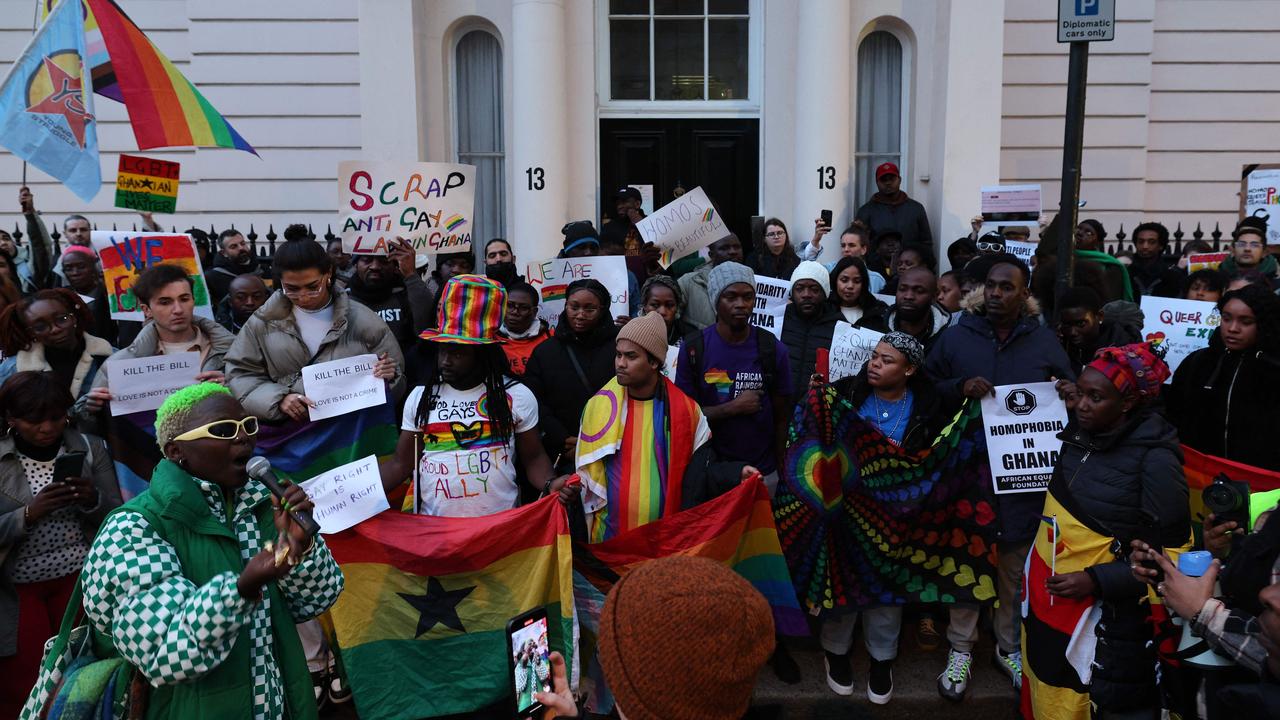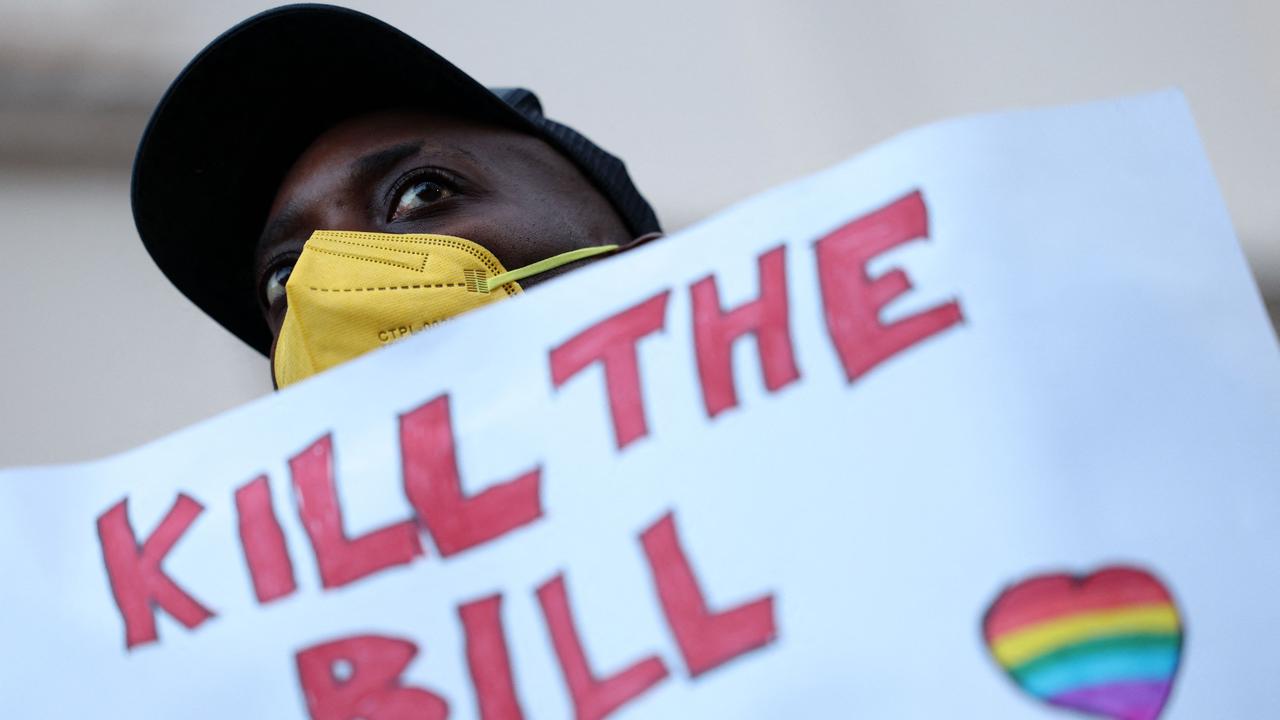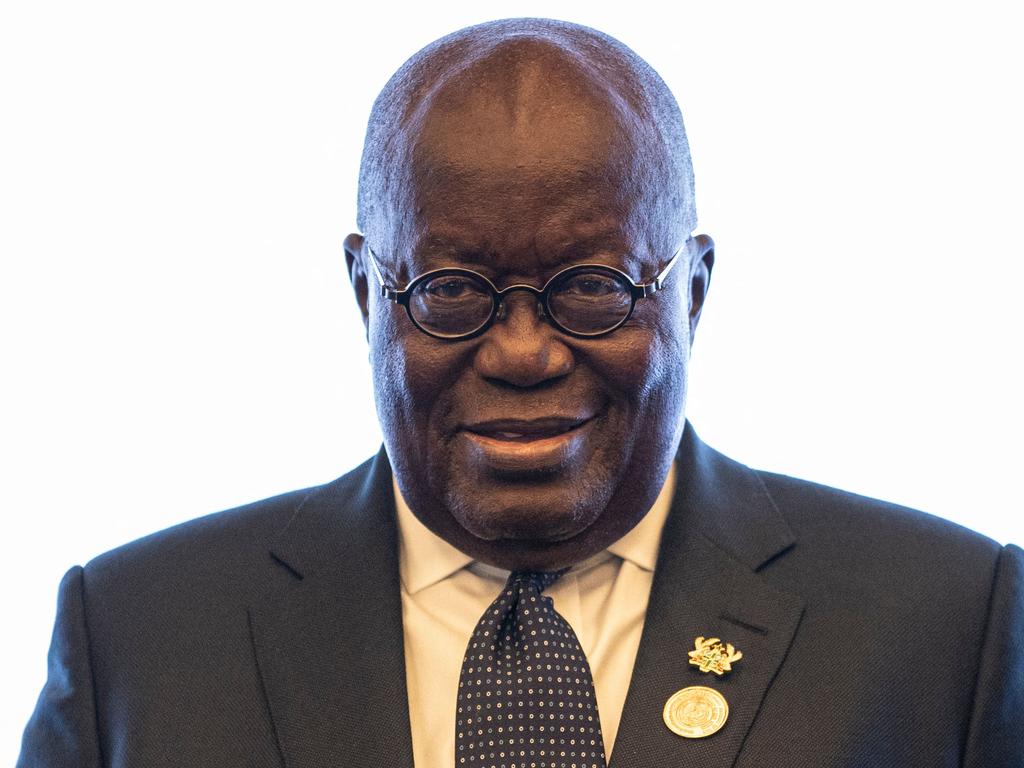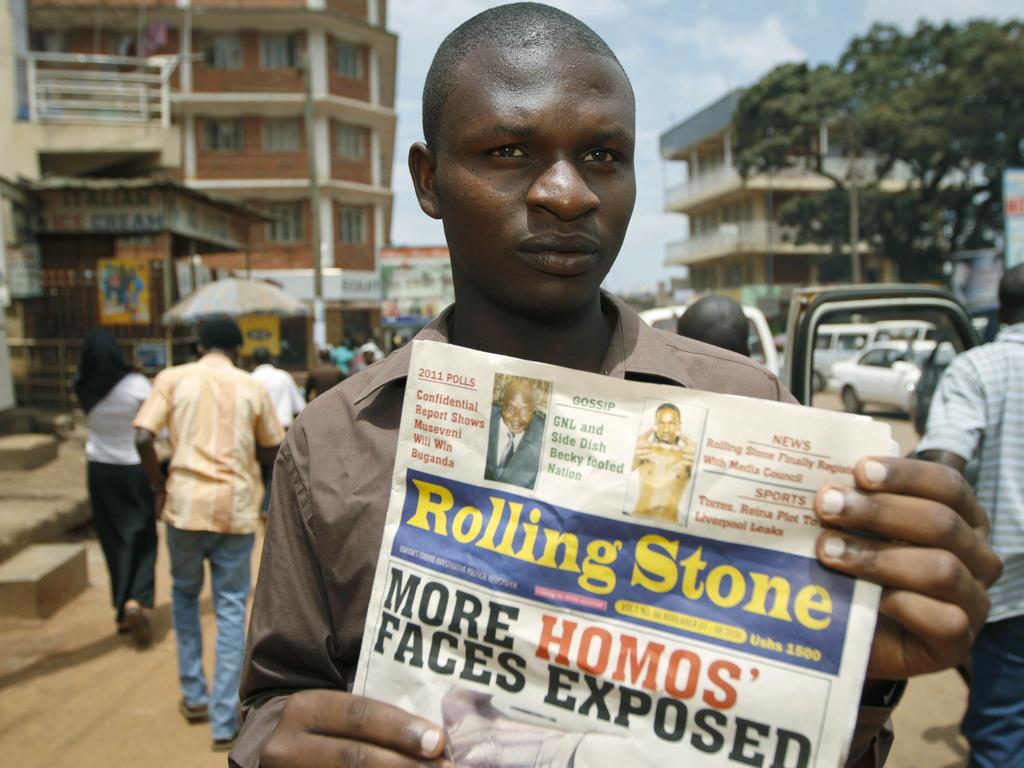‘Harrowing’: Country celebrates evil new anti-gay law
A country is on the edge of financial ruin over a new law that will see thousands of people at risk and living in fear.
“I definitely knew this was coming right from the moment Uganda signed that draconian anti-LGBTQ bill into law,” Philip, 26, a gay man living in Ghana told news.com.au. “But the harrowing part of all of this is watching Ghanaians celebrate my fundamental human rights being violated, like I’m a subhuman or a criminal.”
Ghana’s parliament unanimously passed an anti-LGBTQ bill on February 28 after months of debate. It targets and intensifies a crackdown on rights of the minority groups and those advocating for the rights of LGBTQ people.
Gay sex is already illegal in Ghana and carries a three-year prison sentence but members of parliament decided to revisit the already existing laws and aggravate it. The Human Sexual Rights and Family Values bill now increases the prison sentence to five years and is deemed one of the toughest pieces of anti-LGBTQ legislation in Africa.
The bill also carries a five years prison sentence for people convicted of wilful promotion, sponsorship, advocating for LGBTQ rights and a jail term of up to 10 years for anyone involved in LGBTQ+ advocacy campaigns aimed at minors.
It also obliges the public to report members of the LGBTQ+ community to authorities for “necessary actions’’.

Joy, a Ghanaian LGBTQ rights activist who could be jailed under the proposed bill, told news.com.au that African leaders and lawmakers have been targeting the queer community for decades.
“LGBTQ crackdowns are distractions used by politicians to divert attention from their incompetence and real problems plaguing Africa like bad governance, insecurity, hunger and poverty. The only thing politicians, religious leaders and citizens in Ghana collectively agree on is in their disdain for Homosexuality,” she said.
“Ghana is a deeply religious country and morality is a big deal here. So painting LGBTQ people to be moral deviants and hounding them makes people believe they (politicians and religious leaders) are doing God’s work and protecting African culture from what they call ‘western influences’, which in turn scores them big political points and makes them heroes of the society.”
The new bill is already seeping into the consciousness of some Ghanaian people.
John, a 29-year-old gay man, described how he and his friends were attacked the week the bill was passed while leaving a bus station over their “effeminate” mannerisms.
“We boarded a bus after work and shortly after we alighted, we were accosted by some group of men for being effeminate, I tried standing up to them and I got struck in the face,” said John. “They beat us up and took all our valuables including our money and phones.”
Another gay man, Henry, 31, said he just got an eviction notice from his landlord who demanded he evict his apartment by the end of the month because the neighbours are uncomfortable with him. They also said they don’t want problems with the authorities because of his lifestyle when the bill gets signed.

The bill approved by lawmakers is an attenuated version of a prior draft in which jail terms have been shortened and a controversial clause on conversion therapy was removed. According to the MPs, the bill was drafted in response to the opening of Ghana’s first LGBTQ+ community centre in the capital, Accra, in January 2021. The centre sparked nationwide protests, backlash and pressure from religious bodies and traditional leaders in the predominantly religious nation and was eventually shut down.
The Christian Council of Ghana and the Ghana Pentecostal and Charismatic Council said in a joint statement at the time that being LGBTQ+ was “alien to the Ghanaian culture and family value system and the citizens of this nation cannot accept it”.
The Human Sexual Rights and Family Values bill, supported by two major political parties, will come into effect when President Nana Akufo-Addo signs it into law.

The proposed bill has been widely condemned by human rights activists, however, the President previously said he would go ahead with the bill if most Ghanaians wanted him to. The main sponsor of the bill and lawmaker Sam George, has called on the President to approve it.
“There is nothing that deals with LGBTQ issue better than this bill that has been passed by parliament,” he said. “We expect the president to be a man of his words.”
President Akufo-Addo has seven days after receiving the bill to decide whether to sign it into law and 14 days to give reasons if he doesn’t.
On Wednesday, President Akufo-Addo said he will not assent to an anti-gay bill until the Supreme Court rules on its constitutionality. The finance ministry warned previously that US$3.8 billion in World Bank funding could be lost if it became law.
Ghana is already suffering a major economic crisis and had a bailout from the International Monetary Fund (IMF) last year.

Amnesty International expressed concerns over the bill, warning that it would “pose significant threats to the fundamental rights and freedoms” of LGBTQ+ people.
While UNAIDS executive director, Winnie Byanyima, said the bill would “obstruct access to lifesaving services” and “jeopardise Ghana’s developmental success” including being an impediment to ending HIV/AIDS in the country.
“Living in Africa is a struggle and a life full of uncertainties on its own, but as a queer person your suffering automatically increases twofold. You’re trying to navigate a difficult reality while everyone around you wants to harm you just because you’re different,” Philip said.
“We’ve been bullied, evicted, publicly humiliated and beaten because of our sexuality. Yet we kept pushing and hoping for better days only for the government to crush what little dreams we have left with this bill. We are scared of what will happen to us if this legislation becomes law.
“Yes, we will try and fight back, but the truth is that most of us don’t have many fights left in us anymore.”
Daniel Anthony is a freelance journalist based in Lagos, Nigeria.





